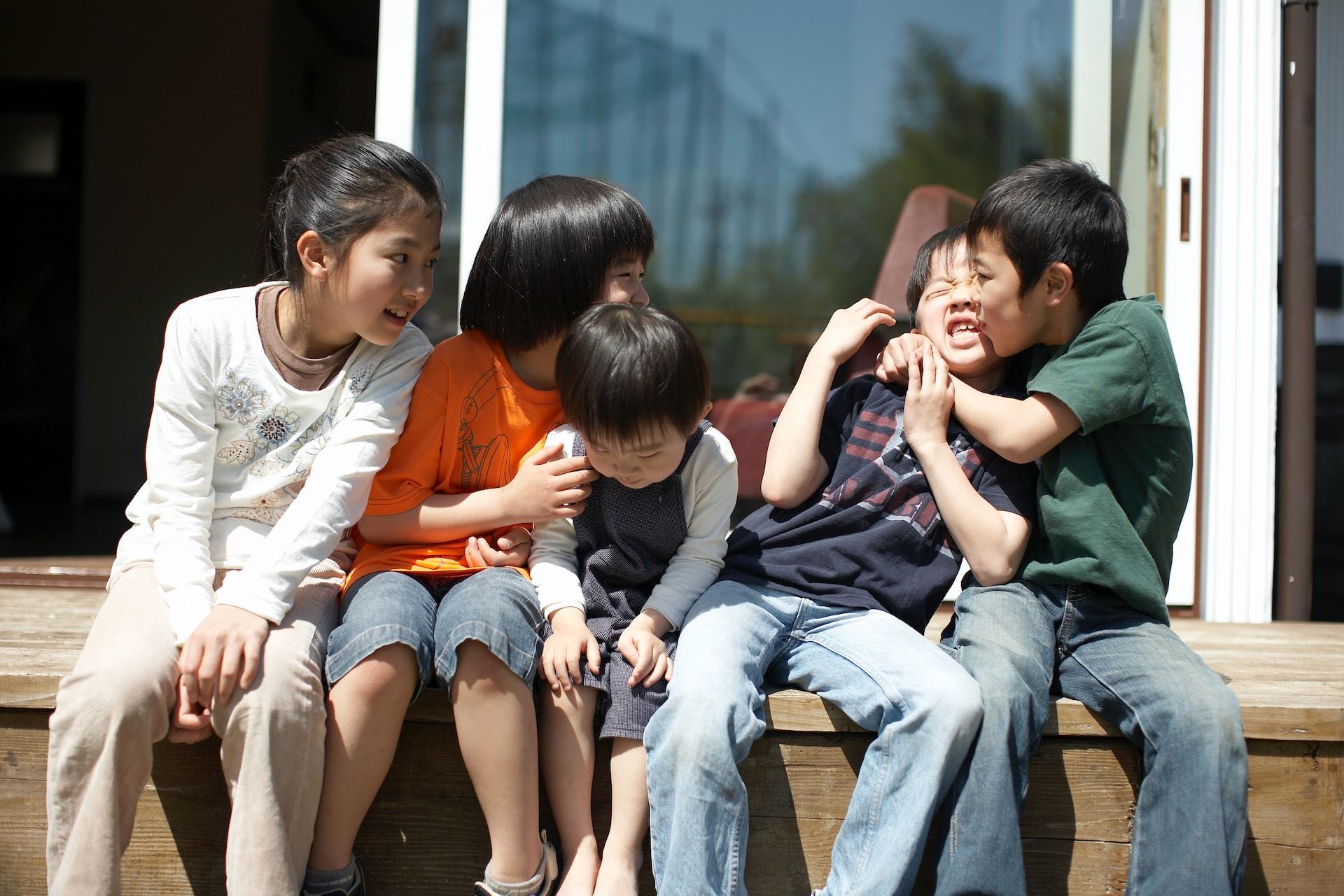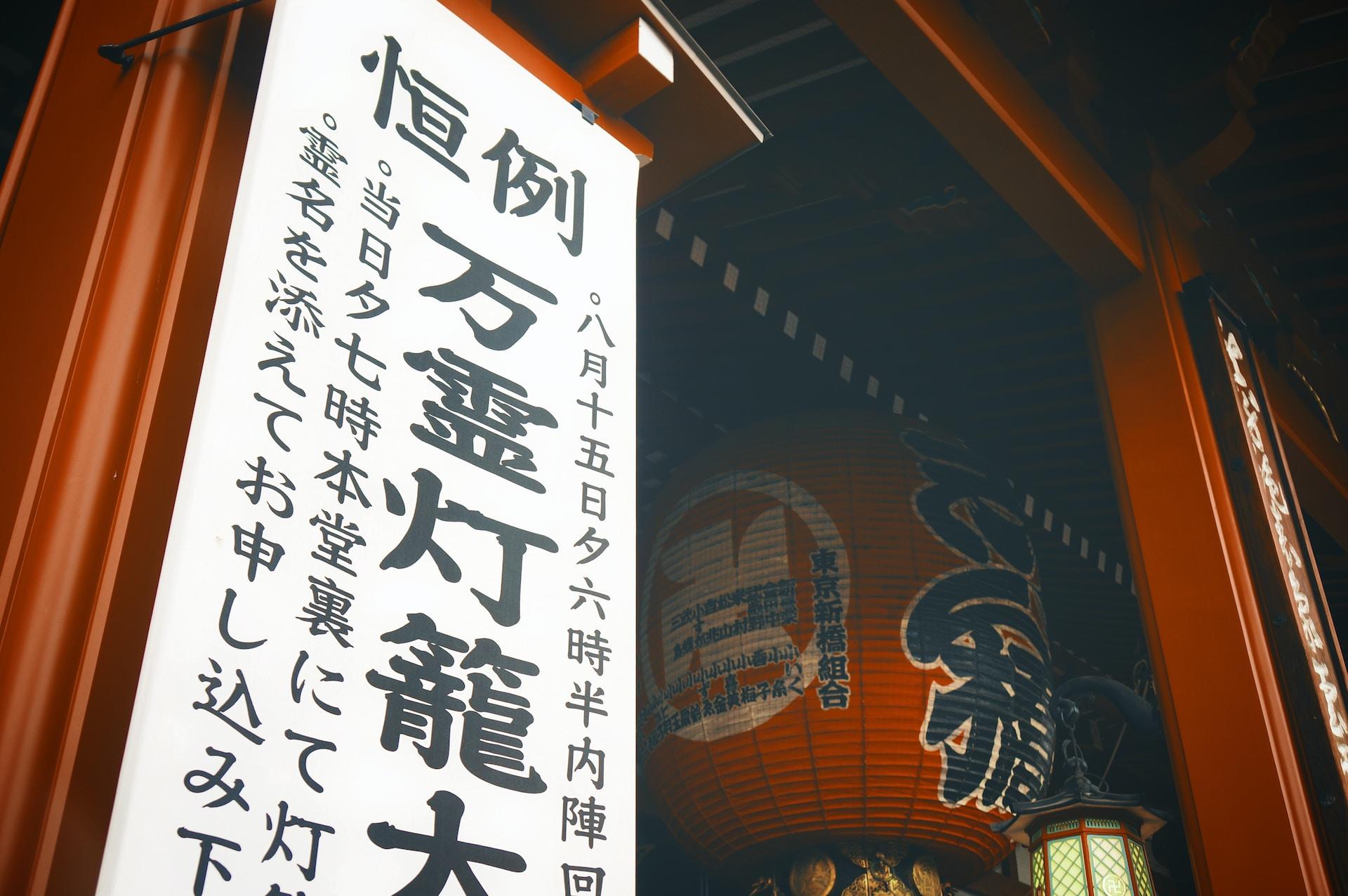In our culture, we choose names for any number of reasons. Maybe you're named after a grandparent or some historical figure. Religious people name their children after figures in theological texts. Often, people give their babies trendy names; names that have no personal meaning at all.
Japanese families choose their children's names based on the characteristics they wish their babies to embody. Some names are popular and others are unique, but they all have one thing in common. Japanese names with meanings relate to elements of Japanese culture.
Japanese names reveal what the person's parents wanted for their child's life. These names may not be literal; for instance, a boy named Asahi isn't destined to become sunlight - that word's meaning. It's more likely that his parents want his life to be full of (figurative) sunshine.
On the other hand, a Japanese name may be more eloquent in sound and origin. Cherry blossom (Sakura) rather than simply flower (Hana), for example. Japanese parents may vary a name based on family hierarchy. They wouldn't give their second child a name that would suit a third baby the best.
Careful thought goes into naming children in Japan and naming conventions are strict. That's probably good, considering the current trend of giving children outlandish names.
So let's talk about the Japanese techniques and traditions for choosing names. Along the way, we'll talk about key aspects of Japanese naming laws and share a few ideas for boys' and girls' names. We'll finish by talking about turning your given name into a Japanese name.

Japanese Names: General Guidelines
What might sound cute on a baby son or daughter might sound odd when they are full-grown. Some name meanings may represent potential that the person never realises. Naming a child thus might seem hyperbolic, as though the name-giver is overcompensating for their own shortfalls.
Canadian author Naomi Klein's latest book reveals she resented her given name because of that biblical character's actions. She also hated the way some people pronounced it. Such a statuesque name - one akin to greatness, heroism or divinity can be a burden on the name bearer. Japanese name-givers are wary of such impositions.
In Japan, the convention is family name first, followed by the person's given name. The baseball player we know as Ichiro Suzuki is properly called Suzuki Ichiro. Often, Japanese people with ties to Western culture reverse their names to suit Western naming patterns. His given name means 'first son' (ichi-one; ro - son), which shows his position in the family hierarchy.
Cool Japanese names like Suzuki Ichiro's seem short when compared to Western names, especially when written in that language. In our culture, we often have two or more given names but Japanese naming conventions allow only one. That makes a lot of sense. After all, what name could follow 'first son'?
Regardless of how a person identifies or whether they are adult or child, addressing anyone by their first name is considered rude in Japan. Only if you know the person very well may you address them by their given name, even if they're much younger than you.
You may know that Japanese culture is heavy on respect. Thus, Thus, appending a person's family name with the -san honorific is important, no matter their stage of life. Should you ever interview Suzuki Ichiro, you should address him as Suzuki-san, to show your respect. Don't be surprised if he attaches that particle to your name to repay your politeness.
Japanese family names are always written in kanji to accord with tradition and convention. However, trendy youths - and sometimes, women choose to write this part of their name in hiragana for stylistic effect. You may have seen examples of such on social media but remember: 'surnames in kanji' is the rule of thumb.
This sort of information typically doesn't feature in any Basics of Japanese Learning course. That's such a shame because cool Japanese names have so much to teach us! They're a great way to gain cultural insights and give us writing practice, too.

Japanese Names: Family Names
Japan's naming register lists around 138,000 family names, compared to just 150 in China and about 256 in Korea. Japanese family names, what we call surnames are typically written in kanji. These names may contain up to four characters.
English-language surnames often derive from the trade or craft some ancestors may have practised. For instance, the Cooper family may hail from a long line of barrel makers while the Carter clan might have pulled heavy drays across the land.
However, in Japanese, the combination of words and phrases used to create surnames usually evokes some topographical or natural element. Take the eponymous Honda Corporation founder's name, 本田. These two characters translate to 'near (rice) field'.
As in many cultures, Japanese surnames are patrilineal; they're passed down from the father's line. Japanese law mandates women to take their husband's name, though ever more women, married or not, are rebelling against this convention.
Japanese Names With Meanings
The Japanese government maintains a list of approved given names. If a family wishes to name a new arrival something that's not on the list, they may petition for the right to do so. Should the name violate or insult some cultural aspect, it will rejected. On the other hand, if someone comes up with a great new name, it may be added to the list so others can enjoy it, too.
Government naming rules don't stop there. Japanese language pronunciation can be ambiguous so anyone seeking a name must specify the kanji pronunciation and meaning for the proposed name. An ambiguous name results in lifelong confusion.
Because of that, official documents in Japan require citizens to write their names' phonetic spelling (furigana). Furigana are small hiragana characters written above or below the kanji character that give clues to pronunciation.
You don't have to be an expert in the Japanese alphabet to recognise Japanese names' phonetic spelling when you hear one. However, it takes a bit of practice to intuit kanji characters' intended pronunciation. With all that said, 'legitimate' boys' and girls' names abound, and there are even some great unisex ones, too.

Cool Japanese Names for Boys
Typically, Japanese boys' names end in -suke, -hiko, -shi or -hei, for example, Keisuke and Tetsuhiko. Satoshi, the mysterious Bitcoin pioneer, demonstrates the -shi ending. Kiyoshi (pure) and Hiroshi (generous) are two more examples of such.
You're also likely to come across suffixes -ichi and -kazu. Beware that if these are prefixes - as in Ichiro, they may indicate a firstborn child, which can have social implications. When you know about Japanese numbers, you can spot these hierarchical names right away.
An -o ending typically signifies a male name though there are exceptions, such as Michiko - a common female name. A male name isn't limited to strong, brave, daring, and intelligent characteristics, as Kiyoshi indicates. However, more often than not, male names have some association with an image like a dragon or fire, or something sturdy like a tree or rock.
Manga and Japanese pop culture feature character names that have a special meaning in the story. Some common concepts that serve as Japanese names include: bright/luminous, beautiful, heart, unique, strong, soar, sun, tree, ocean, dragon, spring, light, flower, water, fire and peace.
Cool Japanese Names for Girls
Being beautiful, tender, and virtuous are traits associated with female names in Japan (and in the West). The kanji -mi, 美, meaning beauty, is one of the most common character combinations for Japanese girl names. Masumi, Satomi and Narumi are sterling examples of such.
Child (-ko, 子) is the second most popular character for girls' names. Females named Etsuko, Miyoko and Seiko abound across Japan.
As with English and European naming conventions, -a is a common ending for female names in Japan. If a child's name ends in -na or -ka then, it's safe to assume the child is female. Other typical endings for female names include -e and -yo.
Female children are not 'numbered' the way males are. Thus, if a family has children named Tomokazu (kazu=1st), Koji (ji=2nd) and Zenzo (zo=3rd), their names reflect only the number of sons. Daughters are not counted, no matter how many of them there are.

Japanese Names for Foreigners
Anything of foreign origin embraced in Japan will earn a name written only in katakana. This goes for everything from hamburger - hanbaga (ハンバーガー) to London - Rondon (ロンドン). As your name is foreign (and likely isn't written with Chinese characters), you too will earn a katakana-spelt name.
It won't have any special meaning like an authentic Japanese name would but phonetically, it will come close. Mark will become Maruku (マルク) and Amber will be Anbaa (アンバア).
If you have a Chinese or Korean name written in traditional characters, you may need furigana to help with the correct pronunciation. Otherwise, Japanese speakers may misinterpret your name. So brush up on your katakana, hiragana, and kanji before going to Japan so you can state your name in writing, at least.
Summarise with AI:
















